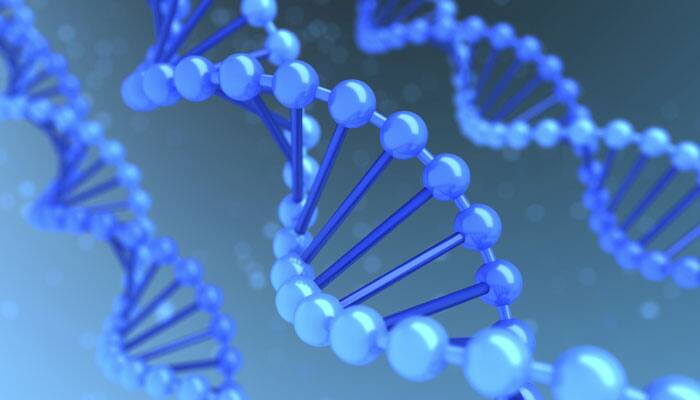Washington: New research from the Johns Hopkins University suggests that the quantity of mitochondrial DNA (mtDNA) found in peoples' blood directly relates to how frail they are.
This DNA may prove to be a useful predictor of overall risk of frailty and death from any cause 10 to 15 years before symptoms appear, the researchers said.
Mitochondria are structures within cells often referred to as "power houses" because they generate most of the cells' energy.
Unlike other cell structures, they contain their own DNA. There are 10 to thousands of mitochondria per cell, depending on a cell's energy needs.
"Mitochondrial DNA could be a very useful biomarker in the field of ageing," said Dan Arking, associate professor of genetic medicine.
The findings may lead to a test that could help identify at-risk individuals, whose physical fitness can be improved with drugs or lifestyle changes.
Frailty refers to ageing symptoms that include weakness, decreased energy, lower activity levels and weight loss.
To further test this link, Arking's team analysed the quantity amount of mtDNA in blood samples collected from two large, human studies that began in the late 1980s and tracked individuals' health outcomes for 10 to 20 years.
On average, Arking says, subjects who met the criteria for frailty had nine percent less mtDNA than non-frail participants.
"It makes intuitive sense that decreased mtDNA is associated with bad health outcomes. As we age, our energy reserves decrease, and we become more susceptible to all kinds of health problems and disease," Arking added.
The researchers also analysed the age at which participants died.
In one of the studies, high levels of mtDNA corresponded to a median of 2.1 extra years of life compared with those possessing low levels of mtDNA.
The authors hope that mtDNA tests could detect people at risk of frailty 10 to 15 years before they begin to experience symptoms.
The research was published online in the Journal of Molecular Medicine.
















